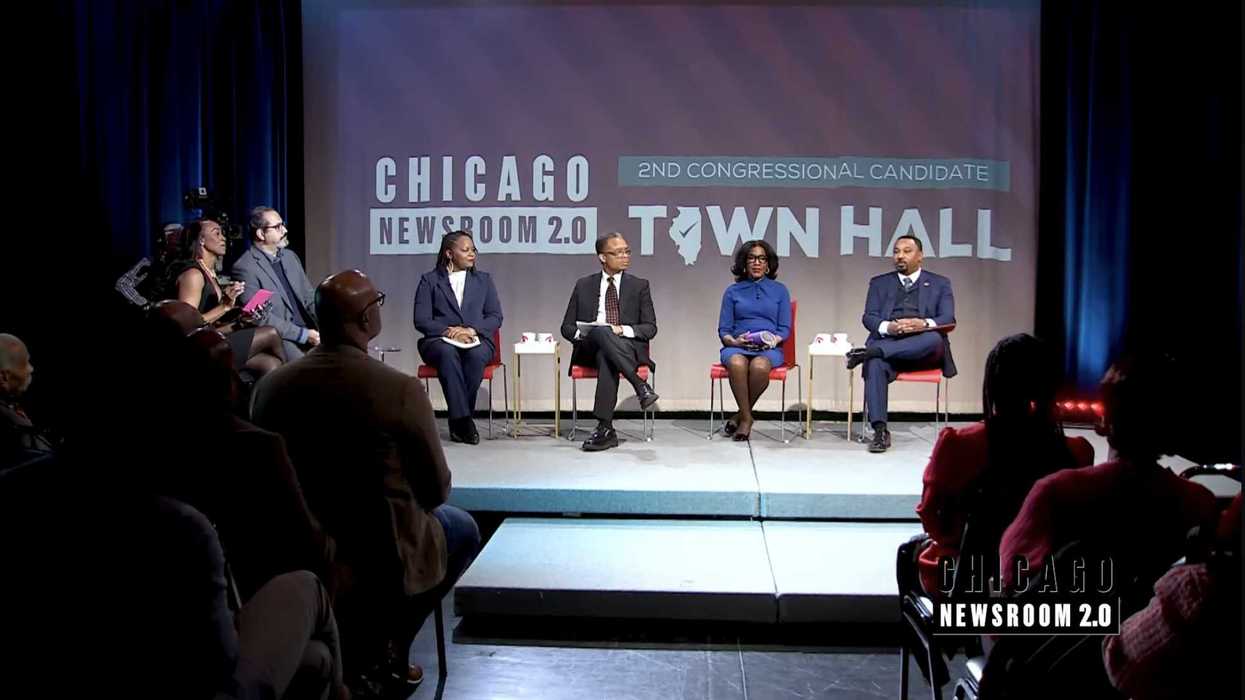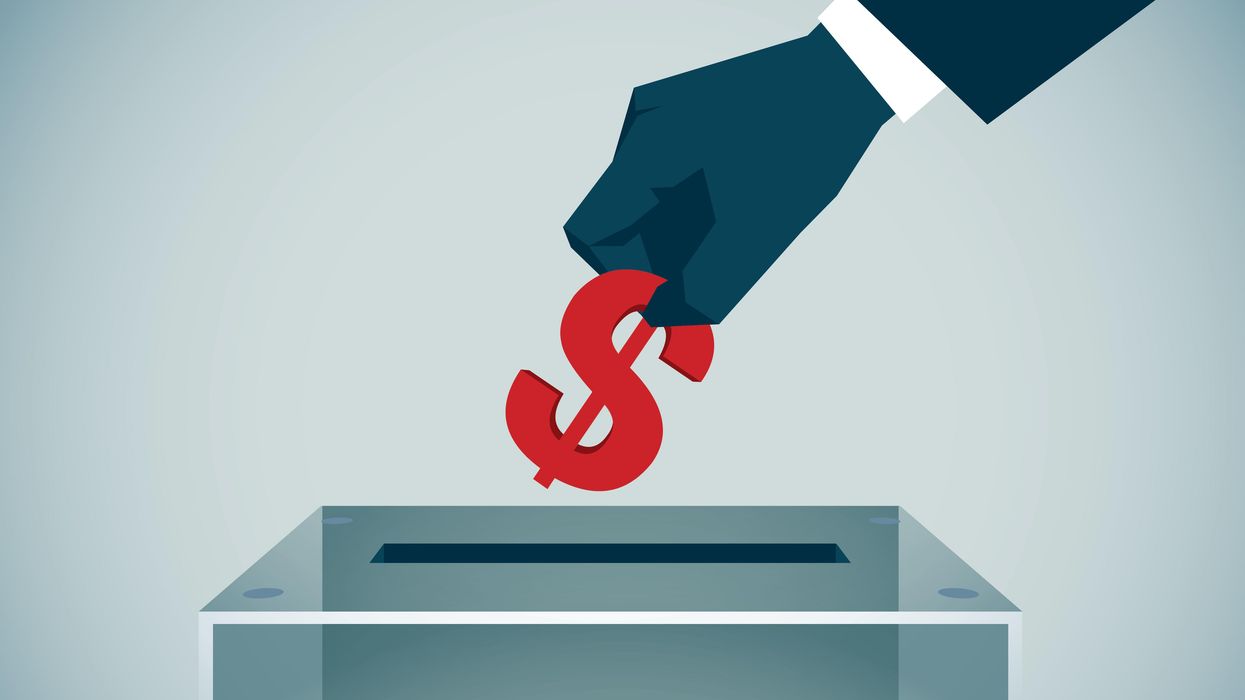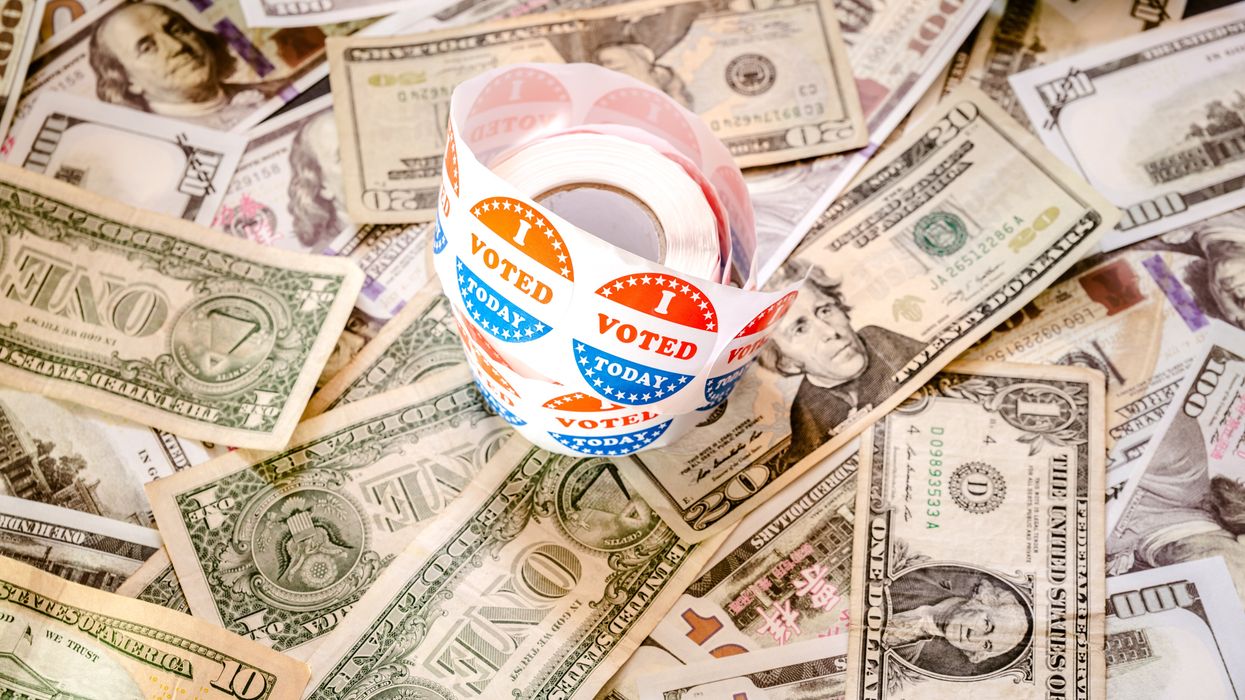Congress and the President continue to push forward their comprehensive spending and tax reform bill – the One Big Beautiful Bill (OBBB) – yet polling shows that nearly all of the major spending and tax reforms are not popular, including: lowering taxes on high incomes, cutting Medicaid and SNAP, increasing spending on defense and immigration enforcement, and eliminating tax credits for clean energy.
When asked about the OBBB in general, with no or few details about its specific policies, the public has consistently been opposed. Polls by Fox News, Quinnipiac University, KFF, Pew Research Center, and the Washington Post/Ipsos have found net opposition in the double digits. Support did not surpass 38% in any of the polls. The poll that gave the most level of detail about the bill, by the Washington Post, found the lowest level of support at just 23%.
Taxes on High Incomes
The OBBB extends the 2017 tax cuts for all income levels, yet the majority of Americans would not do so for high incomes. Rather, most Americans, including a majority of Republicans in some cases, prefer raising taxes on high incomes.
The June 2025 PPC budget survey, which informed respondents of the effective income tax rates for different income levels and allowed them to set their own rates, found majorities (55-61%) raising taxes for all income groups of $200k or higher by reverting tax rates back to their pre-2017 rates. Among Republicans, majorities (53-56%) raised taxes to pre-2017 rates on all income groups of $500k and over.
Other polls have found majorities do not want to keep tax rates the same as now for high incomes, which the OBBB calls for by extending the 2017 tax cuts, and instead favor raising them. Pew Research Center found 58% in favor of raising taxes on incomes over $400k, including 43% of Republicans. The Washington Post/Ipsos survey found just 29% wanting to extend the 2017 tax cuts for income over $400k, including less than half of Republicans (46%). That same survey found 70% favoring a proposal to raise taxes on income of $2.5 million or more from 37 percent to 39.6 percent.
These views are highly consistent over time. Gallup has found that since 1992, a majority of Americans say that “upper-income people” pay too little in taxes. And polling since 2020 has found a large majority supports taxing the rich, including by raising taxes on income over $400k.
Medicaid
Medicaid reforms in the OBBB would result in at least $80 billion in cuts a year to Medicaid. The public, on the other hand, has never supported cutting spending on Medicaid. Surveys in 2025 by KFF, Ipsos, and YouGov found just 12-19% in favor of reducing spending, including less than half of Republicans in each case.
Even when the possibility of cutting Medicaid was presented as a way to reduce the deficit in the interactive federal budget survey by PPC in June 2025, less than half made a cut to Medicaid spending. Among Republicans, a bare majority reduced spending by just one percent.
Other polling has found even less support for cutting Medicaid as a way to reduce government spending and the deficit. An Ipsos survey found just 25% agreeing that “Medicaid funding should be cut to reduce government spending,” and a Marquette University survey found just 17% – including less than half of Republicans in each.
The OBBB includes a cost-cutting proposal to lower the federal share of Medicaid expansion costs. A 2025 KFF survey found 59% opposed to this proposal. Even when informed that this would reduce federal spending by $600 billion over ten years, opposition was still half (50%). And when told that most states would not make up the extra funding and many of the 20 million people covered by the expansion program would lose coverage, opposition increased to 75%.
The OBBB’s proposal to implement work requirements for many Medicaid recipients, which would reduce spending, is supported by a majority until they are informed of its likely effects on enrollment and employment. When KFF told respondents that most Medicaid recipients are already working or unable to work due to a disability or care-taker responsibilities, and many would lose coverage due to the bureaucratic difficulties of proving employment, support changed from 62% in favor to 68% opposed. When informed that a work requirement would have no significant impact on employment and would increase state spending, a majority of 60% were opposed.
Defense Spending
The OBBB increases spending on defense by about $150 billion, one of the largest increases in recent history and well above any addition that would keep the defense budget consistent with inflation. The majority of the public has consistently been against increasing defense spending. The budget simulation survey by PPC, which informed respondents that spending on the core defense budget was $860 billion in 2024, found a majority reducing it by $60 billion, with a majority of Republicans cutting it by $10 billion. The Washington Post/Ipsos survey found just 39% in favor of increasing defense spending by $150 billion.
Trendline surveys over the last few decades have never found support for increasing defense spending. The Chicago Council on Global Affairs has asked this question since 1974 and never found a majority in favor of increasing defense spending. The only time Gallup has ever found a majority saying that spending on defense is “too little” was in 1981, and it was still only 51%.
Spending on Immigration Enforcement
The OBBB calls for large increases in spending on immigration enforcement, including a border wall, deportation efforts, and migrant detention centers. Support for a border wall is popular with a majority of Americans, until they are informed of its cost; asked whether they support spending $50 billion to complete the border wall, just 36% are in favor, with 52% opposed, according to a June 2025 Washington Post/Ipsos survey. That same survey also found that spending $45 billion to build and maintain migrant detention centers is supported by just 24%, with 61% opposed. A May 2025 YouGov survey found that just 35% favor expanding Immigration and Customs Enforcement, the primary agency tasked with enforcing the administration’s mass deportation agenda.
SNAP
The OBBB includes policies to reduce federal spending on SNAP by about $20 billion a year, according to some estimates. When asked about funding for SNAP, YouGov and the Washington Post found just 17% and 23% in support of reducing funding, respectively.
Bipartisan majorities instead favor increasing SNAP spending in some cases. An April 2025 PPC survey, which informed respondents of current average benefits for single parents and individuals living alone, found bipartisan majorities increasing benefits for each group (70% and 86%, respectively). A bipartisan majority of 90% also favored the federal government providing discounts on fruits and vegetables bought with SNAP benefits, which they were told would increase government spending.
Tax Credits for Clean Energy and Electric Vehicles
The OBBB calls for phasing out tax credits for clean energy production and electric vehicle purchases. The majority of the public, however, supports keeping them. A March 2025 PPC survey found bipartisan majorities of at least eight-in-ten in favor of keeping the three major tax credits for carbon-free energy production, including over three quarters of Republicans. Yale University and George Mason University have also found bipartisan majority support for such tax credits (Republicans 57%, Democrats 93%), as has Gallup (Republicans 62%, Democrats 88%). A June 2025 Washington Post/Ipsos survey found that just 31% want to eliminate them. The March 2025 PPC survey also found large bipartisan support for keeping the tax credits for low-income consumers to buy a used electric vehicle (Republicans 73%, Democrats 87%), and for low and middle-income consumers to buy a new one (Republicans 71%, Democrats 85%).
Deficit Reduction
While the OBBB is estimated to increase the projected deficit by hundreds of billions of dollars a year, in the interactive budget survey by PPC in June 2025, majorities of Americans reduced the projected deficit of $703 billion by cutting spending by $69 billion and increasing revenues by $634 billion. Majorities of Republicans and Democrats agreed on budget choices that would reduce the projected deficit by $463 billion.
Steven Kull is the Director and Evan Lewitus is the Associate Director of the Program for Public Consultation at the University of Maryland’s School of Public Policy.



















